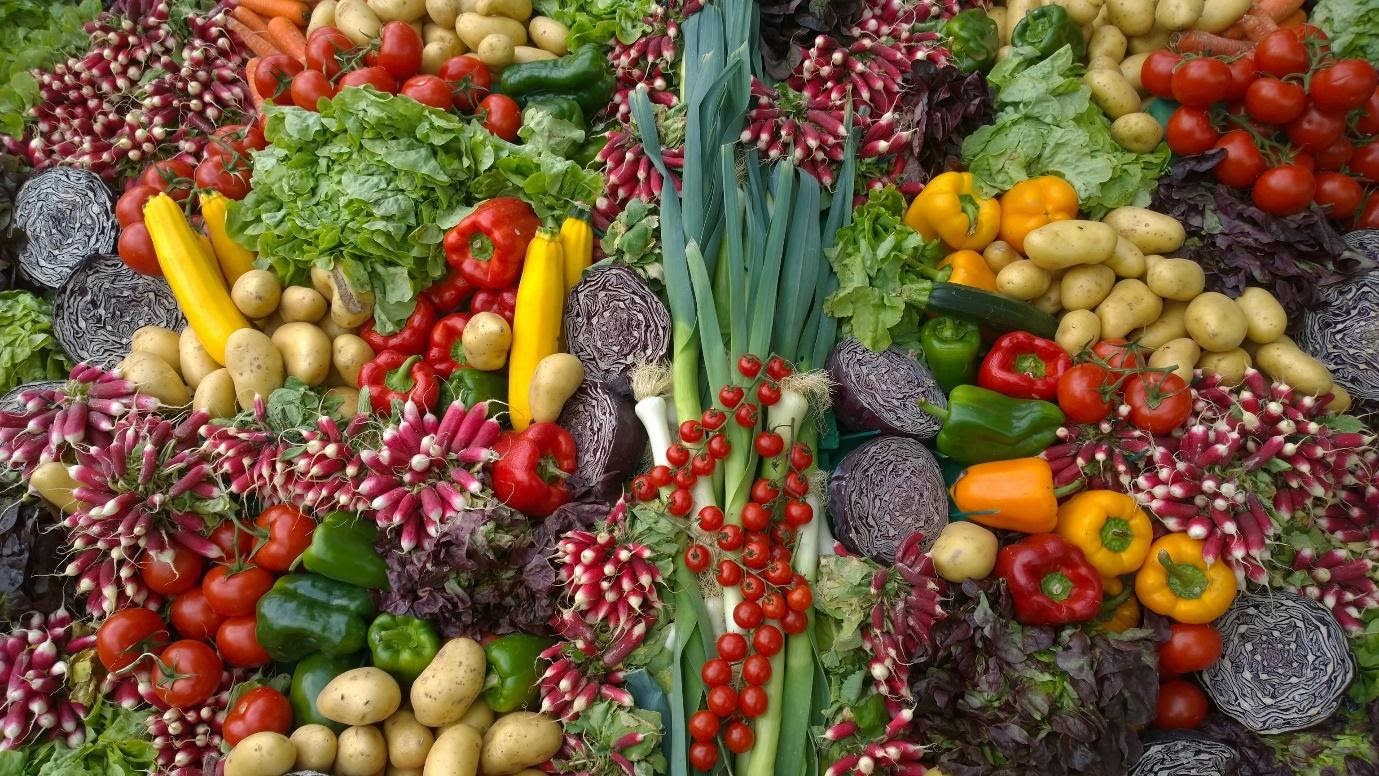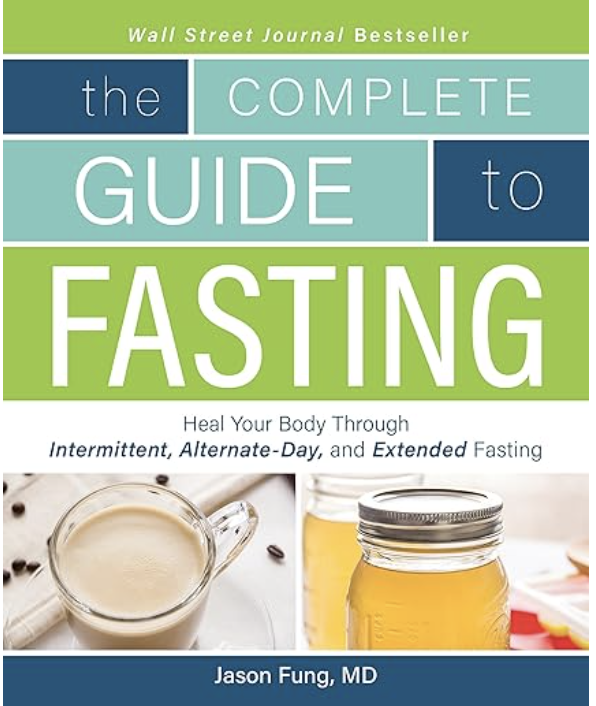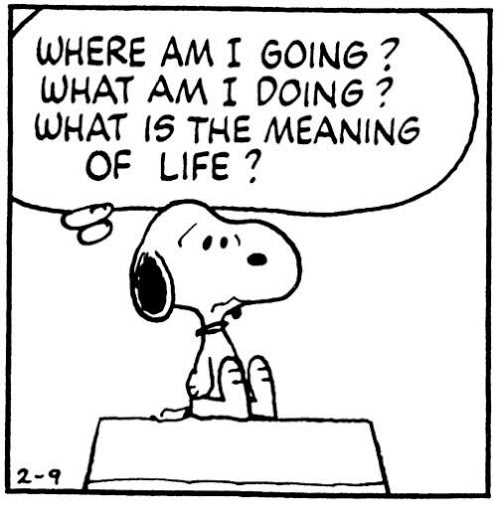
For hundreds of years, fasting has been a practice used amongst many cultures to heal the body and nourish the soul. In simple terms, fasting is the refrainment from eating (and sometimes drinking) for extended periods of time.
The reason behind fasting is often for the purpose of achieving a certain level of spiritual strength and resisting temptation – among other things. There are many reasons why people choose to fast from improving one’s health to cleansing the body, weight loss, and even for spiritual purposes.
But in recent years, fasting has become a common modern-day tactic to build resilience within the body and improve health for a better mind-body connection.
Click here to Read more about the benefits of fasting and Yogi Aaron’s personal journey!
In religious celebrations such as Lent, Ramadan, and Yom Kippur, fasting is intrinsic. It’s a common practice in Taoism, Christianity, and Buddhism, where the goal of fasting is to practice self-control. And although it may differ between cultures in method or length, it’s always been around.
The ancient tradition of fasting is embedded everywhere. It might have changed its name, but you don’t have to be religious to know that fasting has many benefits.
The custom of fasting is a uniting force between different cultures, people, and ideas. And because of the numerous religions that incorporate it and for the amount of time it has been around, there must be a good reason for it.

Fasting is Universal
Fasting has proven itself to be a big part of religions around the world. So why is this common practice so prominent when cultural beliefs vary so much?
Religiously speaking, fasting is a process of cleansing and showing sacrifice. And many believe that our duty on this planet is to get rid of the impurities of the physical world and to surrender to a higher power.
In yogic philosophy, fasting is encouraged because it not only cleanses and connects us with eternal consciousness but also allows energy to flow freely through our chakras. Fasting rituals further raise our vibrational frequencies by allowing the body to focus on something other than digestion.
“There’s a hidden sweetness in the stomach’s emptiness” – Rumi
No matter if you are religious or not – there is one message to take away here. The process of fasting establishes a connection between the physical and the spiritual. It is a means for the body, mind, and spirit connection to solidify itself.
As we move away from conscious fasting, in the religious sense of banishing impurities, we come to its more welcoming descendant – intermittent fasting.
Let’s take a closer look, shall we?
Intermittent Fasting to help a Distracted Mind
In our everyday lives, we experience many distractions. Our minds wander, and our bodies stay present, removing ourselves from the present world.
Picture yourself – preparing dinner in the kitchen. You go to open the fridge, and suddenly, all you can think is: “What was I supposed to be doing here again?” Of course, you might be having an existential crisis, but more likely, you just got distracted. So, what could be the root of these wandering thoughts? – Blocked Root Chakra.
The feeling of being scattered, unstable, and lost may sound familiar. And this is where the root Chakra comes in. The root chakra is our grounding force and can easily get blocked. This blockage translates to a lack of focus and not feeling ‘at home’.
When the root chakra is blocked, our body is burdened down and heavy with anxiety and emotions. Our spirit simply cannot transport this weight. We feel somewhat divided, rather than whole, mind away from the body.
How fasting can make you whole
On a physical level, intermittent fasting can lead to a long-term improvement of memory. In the short term, it can help us to focus our minds.
If we are not preoccupied with thoughts of “what shall I have for breakfast today?”, we can allow more focus on other tasks in the morning. Looking deeper, because of the chemical reactions in our brain, our abilities such as creativity and imagination improve in a fasting state.
This decluttering is not just physical. Through the practice of fasting, we can begin to decontaminate our energy centers and spirit. And as the energy starts to flow freely from our root center, clarity can find its way back to us.
The higher our vibrational frequency, the lighter we feel in our emotions and mental functions. For example, clean house, clear mind. But no need to be overly courteous. Let’s go with – Clean temple, a spotless mind.

How Fasting Helps Our Bodies
When we fast, we give our body the time to rid itself of the toxins our bodies have accumulated. During this time, our spirit gets to recalibrate our character and priorities. The detoxification benefits of fasting for the physical body mirror the spiritual ones. As your body becomes free from the inside, your mind does as well.
When our feelings balance, we experience an ease in life that enables us to let our emotional reactions guide us. In many cases, if we end up with emotional blockages, it can be hard to determine where our emotions are coming from. Unhealed blockages can then turn into ailments which makes it hard to deal with pain. For example, kidney stones. This disease connects to lumps of undissolved anger in our lives and is echoed by losing our ground.
Where medicines are an impermanent solution, healing our root chakra with fasting is a way for a suitable healthy living that is long term.
Once we realize the direct connection between disease and a lack of ease in our lives, we can then take control of the spiritual benefits of fasting.
Using Intermittent Fasting to Create More Awareness
Have you ever heard that saying? “Your eyes are bigger than your stomach.”
Sometimes, we can lose track of how much our body really needs. We forget to practice mindful eating. When we reduce our meal sizes, or how often in the day we eat, we realize that overindulgence is not part of our true nature.
In modern-day life, we have a set eating schedule: breakfast, lunch, and dinner. This is often determined by our nine to five work lives. Even when we’re not working, or working in an industry that is not nine to five, we still tend to stick to the same type of eating habits as the people around us.
When we let go of the ties that come with these eating habits, we begin to realize that we don’t need to follow these societal rules and can learn to listen to our bodies – we can create our own guidelines. At the same time, we move the focus away from the ethereal needs and step on the path to spiritual empowerment.
With mindful eating, we can reach a state of full awareness. This awareness then naturally spills out into not only our diets but also our physical and spiritual lives. Healing can begin from within.

Mindfulness and Empathy Through Fasting
Although experience cannot be shared, words can help to convey internal feelings.
Overindulgence is almost encouraged in the way that we live. But if we look away from companies’ advertisements and see our behaviors in the real world we can find better ways of consumption.
An example of this can be sharing what is brought to the table. It is a lot more common to think of food as a shared experience. Whether it’s a big family meal or one plate of food shared between friends.
One of the significant traditions during Ramadan is the focus on charity. Fasting is not just about food, but it is also about providing for others. It is a time to remind people to give. And at the same time, remind us that some people do not have simple necessities such as food.
Fasting leads us more into understanding the collective and reducing the idea of individualism.

Sometimes, we can become numb to not just our own needs, but also the needs of others. We start to believe that we all exist separately. The benefit of learning more about ourselves through fasting is that we also rediscover the outside world, as well as our inside world.
Roots Go Deep
Fasting is not a new practice. The fasting diets and the intermittent 16/8 eating benefits have been modernized from ancient traditions. Keto diets, selling fasting diet plans, and weight loss supplements… These all capitalize on what’s been available all along.
Of course, the benefits are still there. But to make the most of the spiritual benefits, we need to view the physical ones as secondary.
In Taoism, fasting encourages the absorption of spiritual energy. Taoists even go a step further and assert that through fasting, we can achieve spiritual immortality.
Did you ever think you could run in the same ranks as Thor by merely not eating?
When we deny our physical cravings we can unleash our superhuman powers. As we operate at full capacity, we achieve a lot more. We learn about our spiritual needs, become more confident, create a healthier mental space, and make better decisions.
To reach our superhuman potential, we also need to consider how to break the fast.

How Your Food Can Benefit the Soul
It’s not just about the benefits of fasting but also what you break your fast with. Whether we fast intermittently or for a longer period of time, the food that we choose to break our fast with matters.
To concentrate on healing your root chakra, you can enjoy a concoction of naturally red foods as well as earthy ingredients. This is because the energy in our root chakra is associated with the color red and is foundational to our lives.
Beets, parsnips, red beans, radishes, potatoes… By being intentional in our food choices, we can further benefit from all the healing properties that come with a fasting lifestyle. Either intermittent or otherwise.

We must remind ourselves that we have different lifestyles, body types, and needs. So, before choosing how to fast, consider how you lead your everyday life.
If you often involve yourself in rigorous activities or, for example, spend a lot of time in the heat, take care of your fasting routines. Check in with your mind and body, as they need to work together with your soul.
The Magic of Intermittent Fasting: Becoming Superhuman
‘Difficult roads lead to beautiful destinations.’
Have you ever come across an incredible sight when following an unbeaten path?
Think about hiking up a difficult path in the heat. Sweat is dripping down the back of your knees and your face is hot to the touch. But then you finally reach that magnificent waterfall. The moment is powerful yet peaceful and refreshing as the sun’s rays playfully reflect off the water.
Some of the greatest achievements come from actions we take outside our comfort zones. Fasting may not be easy and neither is intermittent fasting, but it is easier to manage.
Now more than ever, fasting is a lot more accessible in our modern-day lifestyles. Fasting for 16 hours a day, and only eating during the 8-hour gap will still put us on the path of healing. In the end, this will lead us to the destination of awareness, mindfulness, and clarity.
Food feeds your body, and fasting nourishes your soul.
What next?
Check out our morning routine course to begin establishing a ritual for empowering yourself. Begin today to incorporate your own ritual of fasting and contemplation in the mornings.
For more information on fasting, we highly recommend the book by Dr. Fung!



